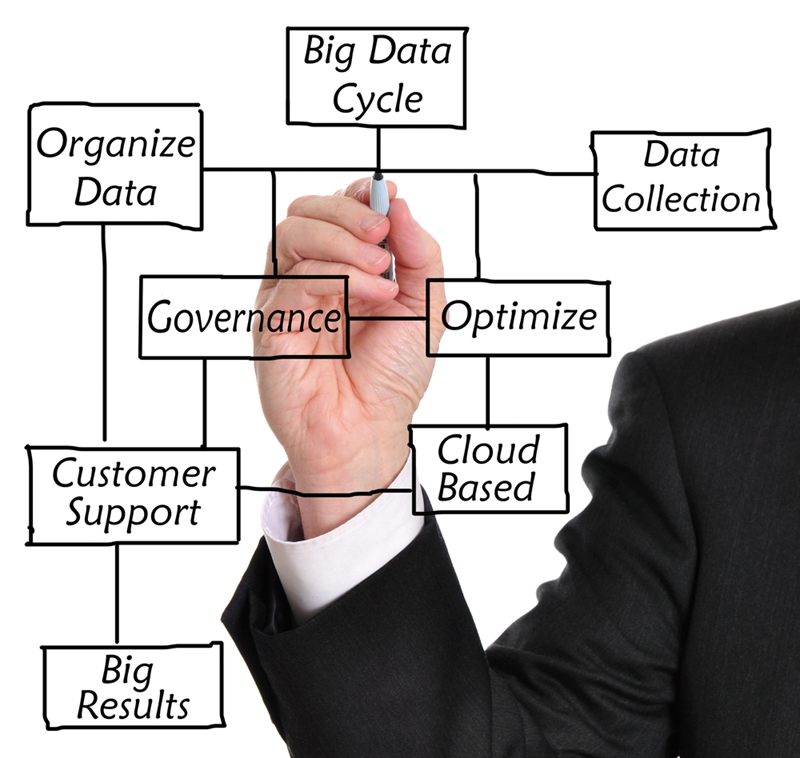Are you ready for the automated and cognitive business opportunity?
Many of todays’ professionals have an ingrained caution of certain technologies and the changes they bring to the business world. Innovations such as cognitive technology and automated recruitment software in particular are often subject to suspicion, with the media constantly circulating sensationalist worries about how we could all lose our jobs to robots.
However, Deloitte University Press argues that these technologies should be seen as a chance for collaboration rather than as competition. Automation is not something to be feared – in fact, it is a ripe business opportunity can streamline company process and make organisations more impactful than ever.
Computers could soon go beyond just managing information – they could do work on our behalf.
Smart systems gaining ground
Innovations like automation and cognitive technology are currently creating a buzz in the IT and business worlds. Thomas Malone, director for the Center for Collective Intelligence at MIT, believes that there is high potential for these technologies to transform the way we work and interact with the world in general.
“We’re still in the fairly early stages, but in the future computers will increasingly be able to help take actions on our behalf, not just give us information. It’s certainly possible in principle and becoming more possible in practice to have computational intelligence – to do things like what intelligent humans would do or in some cases even things that humans couldn’t do,” he said in an interview with IBM.
Deloitte says that already, many organisations are embedding cognitive technologies into their product to increase value and differentiate them from competitors. A good example can be seen in the entertainment streaming company Netflix, which uses cognitive systems to predict the preferences of its users.
Another application with high value potential is in the automation of company processes, which in the future could lead to machines doing all the legwork without the need for human intervention.

A future-proofed organisation needs to adapt
The future of cognitive and automated technologies is an exciting prospect, but some professionals worry about how it could impact organisational structure. However, according to Mr Malone, technology will not replace the roles of people, but rather will work in conjunction with them to allow for new ways of processing and approaching tasks.
“We’re no longer thinking about today’s organisations and how they’re going to change. Instead, we’re talking about the goal of having intelligent organisations and thinking about how that can occur in new ways with these new technologies,” he said.
Businesses need to evolve in a way that will allow them to use technology such as efficiency software to their advantage. This is also particularly important in terms of the modern customer experience, which is becoming increasingly digitised and is vital for gaining the loyalty of a market.
“When you make every step of a customer’s journey brilliant, they will come back for more, they will talk you up to their friends and become advocates for you in social media circles,” said IBM’s General Manager of Watson Internet of Things, Commerce and Education, Harriet Green, in an interview with Forbes.
Implementing cloud efficiency software is a step towards becoming an innovative company.
But where to begin?
While a completely automated, intelligent and learning machine might still be a while away, forward-thinking organisations should start automating and innovating their processes now.
“I think new information technologies give us opportunities to organise work in new ways, and to create new types of organisations. And I think some of the most important things that top managers can do is figure out how to take advantage of that,” said Mr Malone.
Productivity software enables businesses to streamline processes, and utilises automation to relieve some of the arduous admin tasks from it’s employees. This means that staff can focus on the activities that can only be done by people, such as screening job candidates, and makes the business more efficient and productive overall.
When it comes to planning for the future and establishing an effective partnership with smart technologies, implementing an end-to-end cloud software solution is a big step in the right direction.
